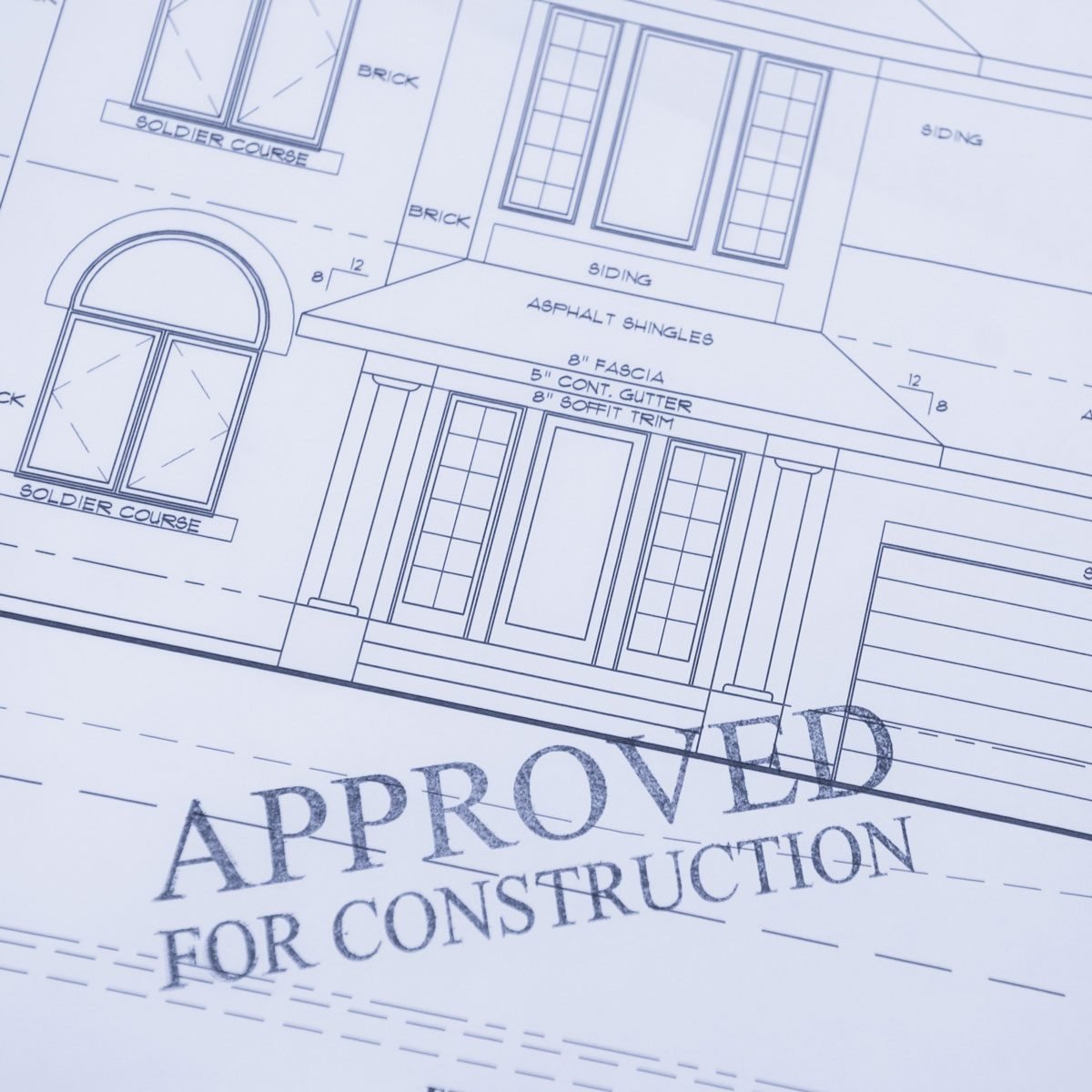Whether your next home improvement project is big or small, you might need a building permit. Read this before you start that project.

What You Need to Know About Building Permits

The thought of obtaining a building permit for your home project may seem like a bureaucratic hassle, which it is. But according to the National Association of Realtors, failing to obtain the proper permits could stop or stall the renovations you have planned. Determining when you need a permit and applying for one is much less annoying than dealing with a lawsuit from neighbors, discovering you can’t sell your house, or other roadblocks down the line.
On This Page
What Is a Building Permit?
A building permit is an official approval by your local government that allows you, or a hired contractor, to construct something new or remodel an existing structure on your property.
Building permits ensure homeowners comply with local building codes and standards which vary by city or county. These bylaws are put in place to make sure additions, renovations and other projects are safe for the community, homeowners and builders, and that they don’t negatively impact property values in the area. Building permits are among the first things you need to begin your project.
It’s best to hold off starting a project until all permits are secured. And keep in mind that a building permit is not a form of insurance. Nor is it a certificate of occupancy, which a municipality issues certifying a building’s compliance with local building codes and other laws.
How to Know If You Need a Building Permit
Every municipality has different rules and expectations for building permits, explains Chicago-based real estate developer and licensed general contractor Bill Samuel. “The best way to determine if you need a building permit is to start by calling or visiting the building department website of the town you will be working in,” he says.
You may have to provide more information about your plans to the department or your clerk to determine if you need a permit. Not all construction projects require permits, but many do, especially projects that involve structural changes to your home or property, like adding a bathroom, extending a deck or finishing a basement. Even small projects like putting in a fence and replacing windows might require a permit. However, you’re not likely to need a building permit to paint your house or pave your driveway.
How to Apply for a Building Permit
- Contact the building office or clerk of your local government and explain your construction plan so they can determine what permit(s) are needed.
- Fill out the permit application form with all the requirements mentioned in it. Samuel says they may require additional documents, like insurance or bond forms or any other material with the application. It’s a good idea to have the entire scope of your project laid out before you apply for building permits.
- Some permit applications may require an appointment. “Some permits, you simply have to bring in the required documentation, pay the fee and receive the permit immediately,” Samuel says. “Other permits may require a detailed review of your explanation/drawings of the work before approval.”
- Submit the permit fee with the application. Building permit fees can vary drastically. On average, building permits can range from $50 for small upgrades on up to $2,000 or more for bigger projects.
- Once your permit is approved, you will need to keep the permit displayed at the construction site. Depending on where you live, you may need to schedule inspections of the work to ensure that things are following the plan that was laid out in your application.
What Happens if I Build Without a Permit?
Several things can happen if you build without proper permits. Sometimes, nothing happens. But it’s still risky to build without a permit as you could face one or several of the following:
- Steep fines, into thousands of dollars, depending on the work done and where you live. You could even be fined per day that the structure remains in violation.
- Your local government could order you to demolish the project.
- If you inadvertently cause damage to your neighbor’s or publicly-owned property, it could lead to a lawsuit.
- If a serious injury occurs during a project and you didn’t obtain proper permits, you could be liable for the injuries.
Samuel also warns that you could fail a home inspection when you go to sell your house if work was done without proper permits.
“Some towns like to perform a pre-sale inspection, which means you’re required to have your house inspected before you sell the property,” he says. “They look for any evidence of recent work performed and check that the required permits were pulled. If permits weren’t obtained, they may require that you pay for and complete the required inspections before being able to sell the property.”
And if that’s not enough to keep you from skipping building permits, your homeowner’s insurance could be voided if you build or renovate without proper permits and there is a subsequent structural collapse, fire or plumbing issue.
What to Do if Your Plans Change During a Project
After getting the approval and permit for construction, you can make minor non-structural changes to the construction plan, as long as they’re still in the spirit of the original permit. However, Samuel says, “If you are making a major change during construction, like increasing building size or changing the structural site, I would contact the building department and explain the change you need to make and ask them if you are required to submit revised plans for approval.”




















